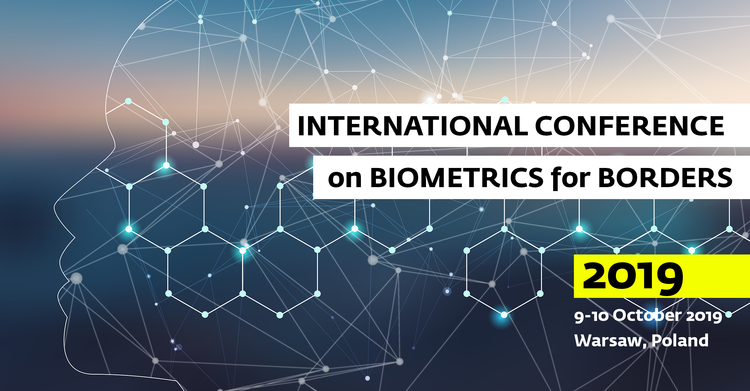Frontex, the European Border and Coast Guard Agency, is organising a conference dedicated to the use of biometrics in the context of border control, with this year’s thematic focus on morphing and its possible implications for border security.
Aim of the Conference
Biometric technologies used to recognise persons have become an integral part of the border checks process. They provide new opportunities to border management to make a border crossing more convenient for legitimate travellers while making borders more secure. At the same time, the large-scale integration of biometric technologies into the border control infrastructure introduces new challenges to border security: biometric systems can be attacked and subverted for the purpose of passing through border control undetected. This means that with the introduction of new technologies supporting biometric recognition, countermeasures that can prevent, detect or defeat such attacks are needed. For Frontex and the border management community, the exploration of existing and future biometric technologies is crucial to border security and the facilitation of legitimate travellers. To lead this exploration, Frontex is planning to organise a series of annual conferences dedicated to the topic of biometrics, its (possible) use in border control and the challenges that may arise from the use of biometric technologies at our borders.
Scope of the Conference
The ICBB2019 will largely focus on the topic of morphing. Morphing in the context of border control is a relatively new and undocumented phenomenon. Researchers, law enforcement authorities and industry alike are already actively engaged in research aimed at addressing and overcoming this challenge. The conference will provide a platform for international dialogue by bringing together the law enforcement community that acknowledges morphing as a potential problem, and the research community and industry that are actively developing ways to prevent, detect and/or defeat morphing attacks.
To help catalogue the various research efforts and latest developments in detection techniques and algorithms, three key objectives have been identified:
- discuss the current situation and the problem for borders;
- list and discuss ongoing (research) activities related morphing and morphing attack detection methods and
- identify current practices aimed at the detection and/or prevention of morphing attacks.
The conference seeks to support the objectives of the European Commission as outlined in the 2016 Action Plan to strengthen the European response to travel document fraud. Through the action plan the European Commission aims to strengthen R&D activities in the area of breeder documents and document verification, including addressing the issue of morphing, in the framework of the Horizon 2020 programme for Secure Societies 2018-2020.
